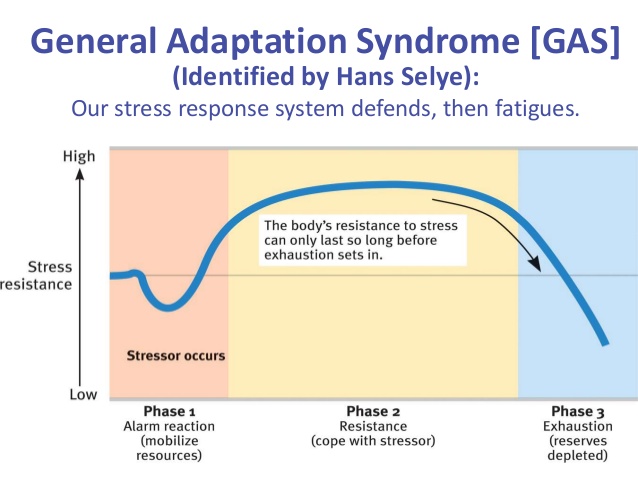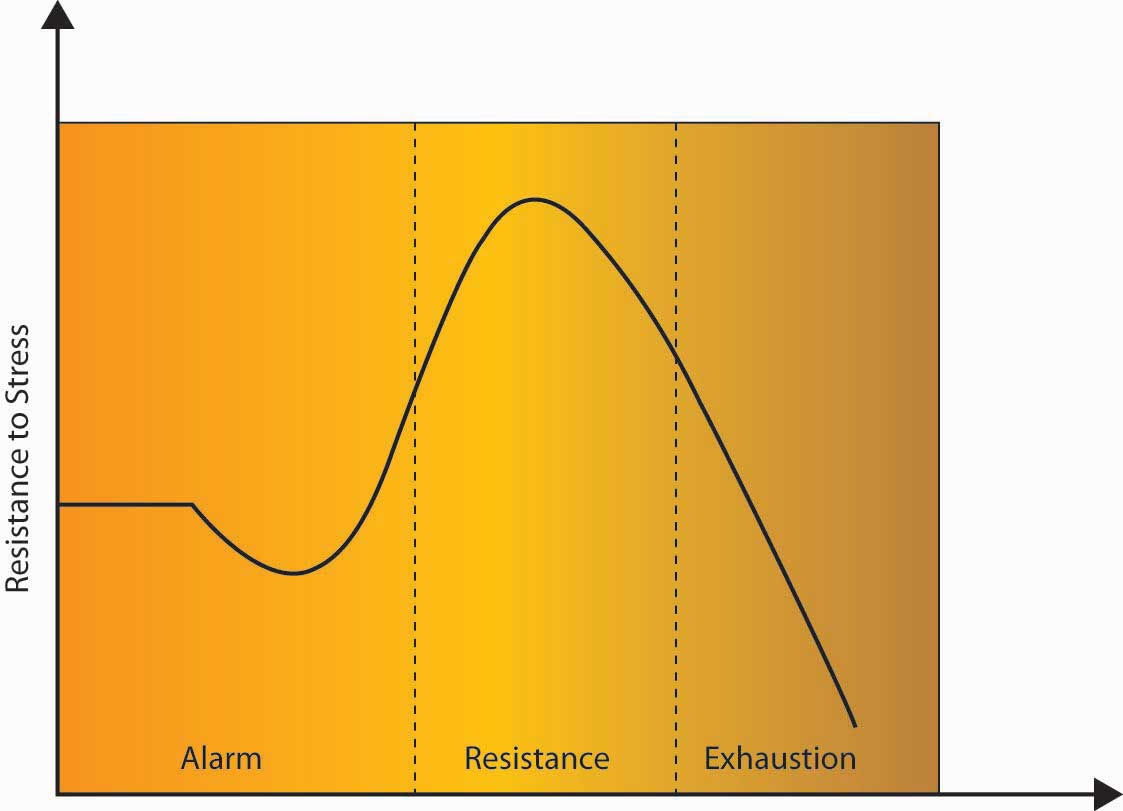Stress is a common experience that occurs in response to a perceived threat or challenge. It is a natural response that helps us to adapt to and cope with difficult situations. However, when stress becomes overwhelming, it can have negative consequences on our physical and mental health. Understanding the stages of stress can help us to identify and manage it effectively.
The first stage of stress is the alarm reaction stage. This is the initial response to a stressor, and it is characterized by the release of hormones such as adrenaline and cortisol. These hormones increase heart rate, blood pressure, and energy levels, preparing the body for the fight or flight response.
The second stage is the resistance stage. During this stage, the body continues to produce stress hormones as it tries to adapt to the stressor. If the stressor is not resolved, the body may remain in the resistance stage for an extended period of time, leading to chronic stress.
The third stage is the exhaustion stage. When the body is unable to cope with the stressor, it may enter the exhaustion stage. During this stage, the body's resources become depleted, and the individual may experience physical and mental exhaustion, as well as a decrease in immune function.
There are several ways to manage stress, including exercising regularly, getting enough sleep, eating a healthy diet, and practicing relaxation techniques such as deep breathing or meditation. It is also important to identify and address the source of stress, whether it is a demanding job, a difficult relationship, or other life challenges. By understanding the stages of stress and taking steps to manage it, we can improve our overall well-being and reduce the negative impact that stress can have on our lives.








